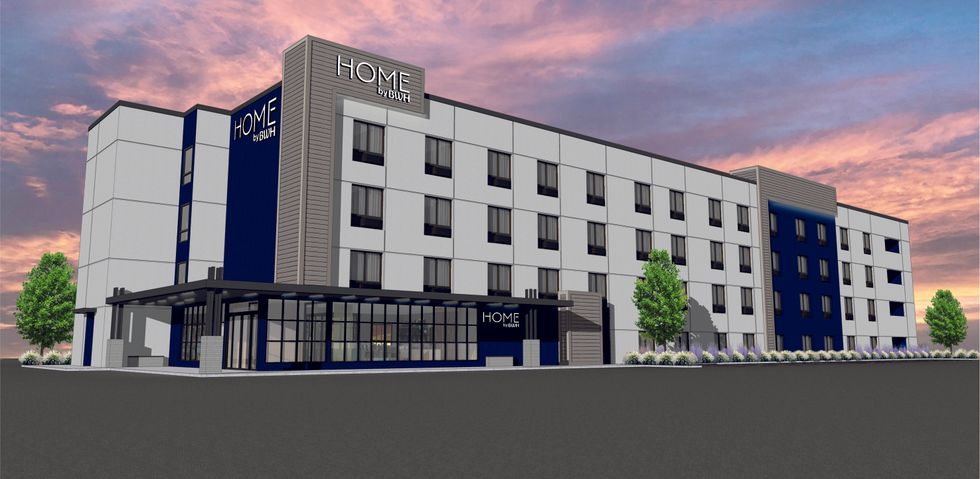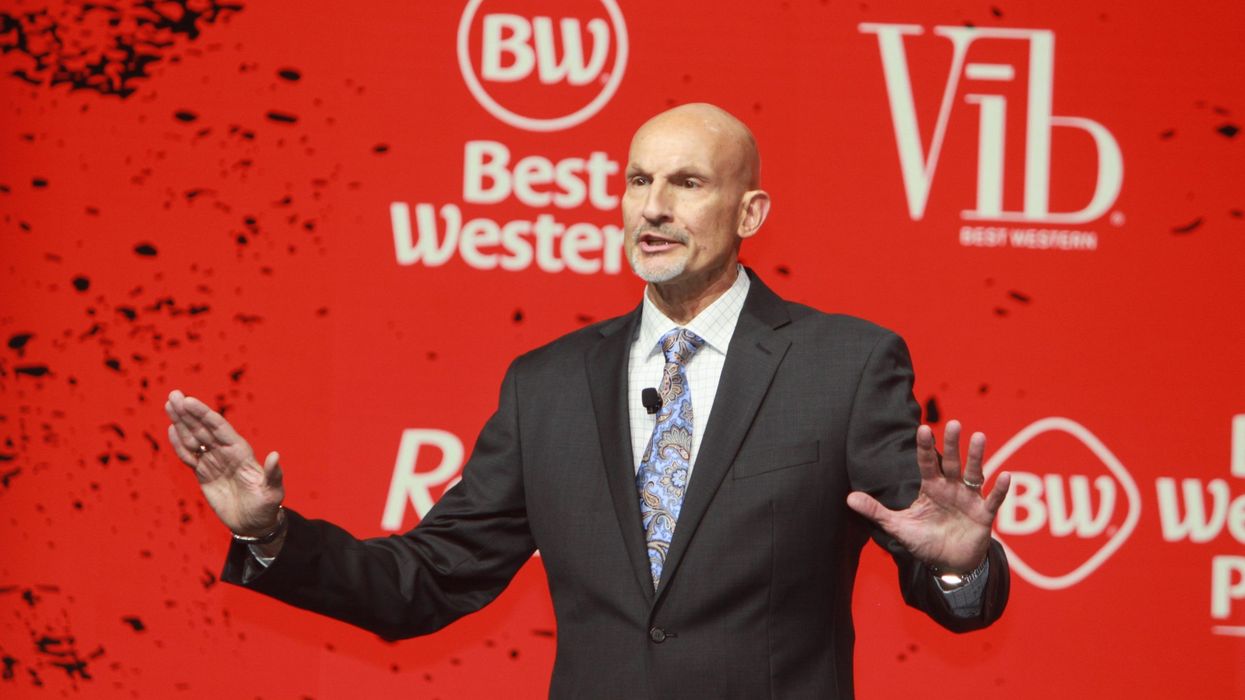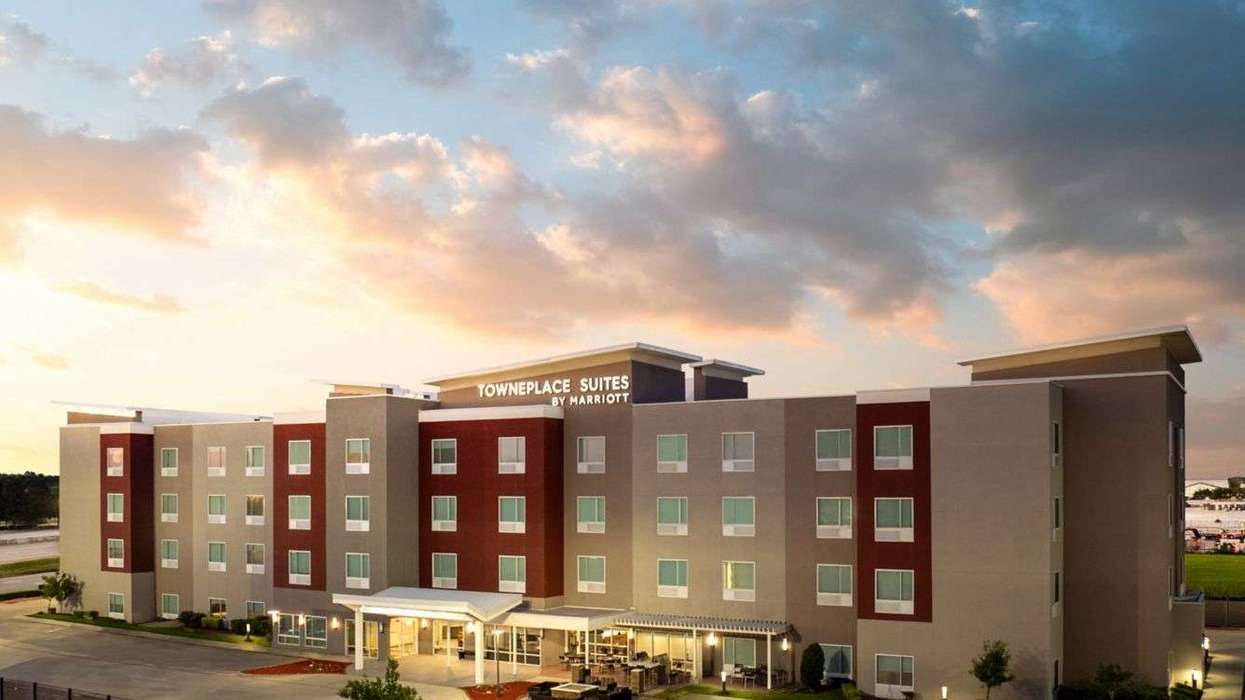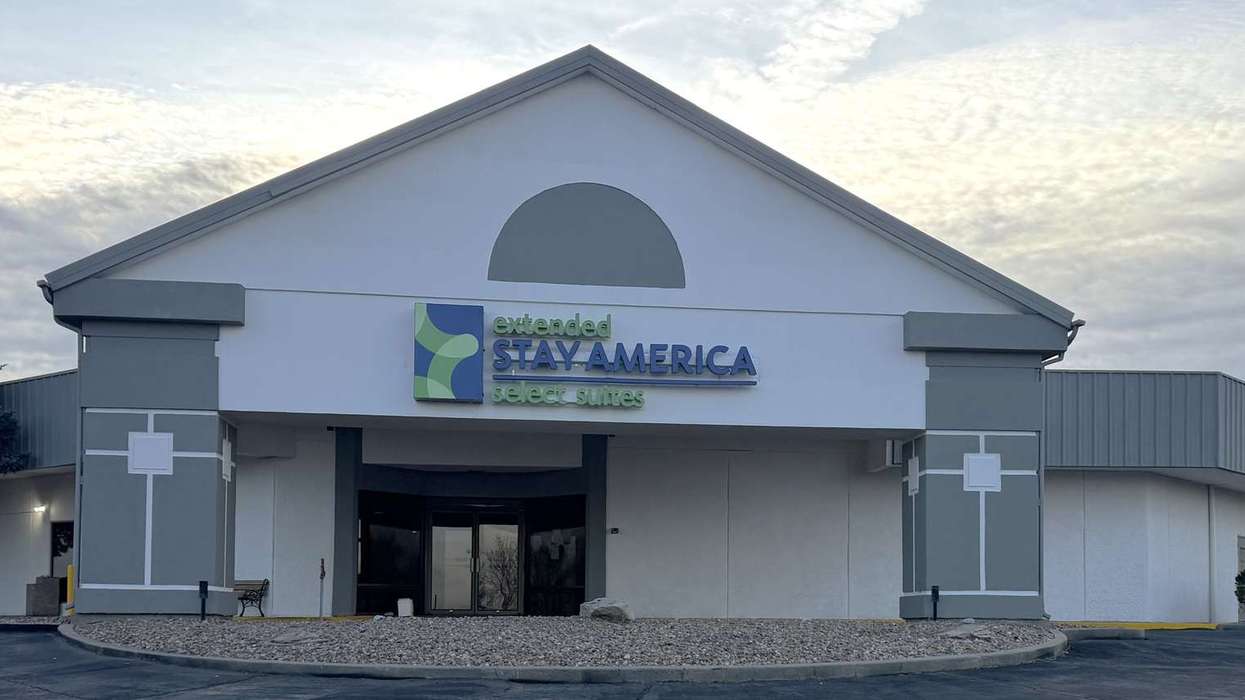WITH A ROCK and roll theme, Best Western Hotels & Resorts held its annual conference in Cleveland on Oct. 28 to 30. During the event, which marked the completion of the first year of the company’s former general counsel Larry Cuculic as president and CEO, the company launched a new extended-stay brand, HOME by BWH.
Thousands of Best Western members attended the conference, with the theme “BW Rocks 2022.” Cuculic, who took over for long-time president and CEO David Kong last year, gave an update on his first year.
“When my journey began in this position last year, I was anxious,” Cuculic said in the first general session of the recent conference. “The honor of the position and the responsibilities are absolutely huge. Consider, though, that being anxious is actually a good thing. It's a good thing. It's a reflection of my wanting to do my best for you.”
During the conference, John Kelly, chairman of Best Western’s board of directors, recalled the process of selecting Cuculic for the job. At the time, Kelly was the vice chairman with Ishwar Naran as chairman.
“We interviewed 25 to 30 candidates, internal and external,” Kelly said. “In the end, we all agreed our new CEO would be Larry Cuculic and from that moment forward, your CEO went straight to work on a transition plan and over the past months has proven to each one of us that we made the right choice.”
Despite some concerns about the state of the national economy and the possibility of a recession, Cuculic said the company is doing well. After a strong summer, Best Western planned to rebate back $15 million to its members. Still, Cuculic said he remains “cautiously optimistic.”
“We budgeted in accordance with the forecasts of the industry experts. That's how we have forecasted because I think that's our fiduciary duty and responsibility to be good stewards of our members funds,” Cuculic said. “At the same time, I think you have to be cautious. And so we are, I guess, I like the term cautiously optimistic. I do believe that people love to travel and will continue to travel. But at the same time, you have to watch and make sure that you're considering those new pressures that can influence travel.”
Making themselves a HOME
Best Western launched its new brand HOME as a new-build prototype aimed at the midscale segment, according to a statement. Cuculic said the company wants to take advantage of the trend of extended-stay hotels outperforming the rest of the industry during the pandemic.
“We backed up, we rethought our prototype, we retooled, we went out to developers, my team and I interviewed more than three or four or five dozen active extended stay owners, and they said the same thing, ‘Make it lean.’ The ROI and square footage are the most important elements of it. Make it simple and don't require things that we don't need.”

Each Home developer will have access to Best Western’s extended-stay support team, according to the statement. The company also is giving owners more flexibility in deciding what elements to include in their individual hotel.
“That's their choice, whether you have a meeting room, whether you have a bar, whether you have a pool, those items in some markets are just not necessary, so why are they required,” Cuculic said. “Historically, franchise companies get their big glass houses and they go, oh, let's design this. This looks pretty, but that's not the right way. Developers today have more experience than us, let's let them decide.”
The extended-stay segment this year saw 25 percent higher revenue than in 2019, said Brad LeBlanc, Best Western’s senior vice president and chief development officer. LeBlanc said he has seen a lot of excitement among members for the new brand. When he asked members at a recent meeting what they thought of the new brand, they applauded and cheered.
“It is well received by our body because, remember, a lot of these owners in our system already own products from other brands,” LeBlanc said. “This is an opportunity for them to come back to Best Western where they're thrilled their original family isn't building that segment.”
LeBlanc was very clear about the new brand’s target market.
“Anywhere there's a proven extended stay market. What I don't want to do is pioneer,” he said. “If there's a proven extended stay demand and market and existing operation in the market, we will go there. Visibility is critical.”






